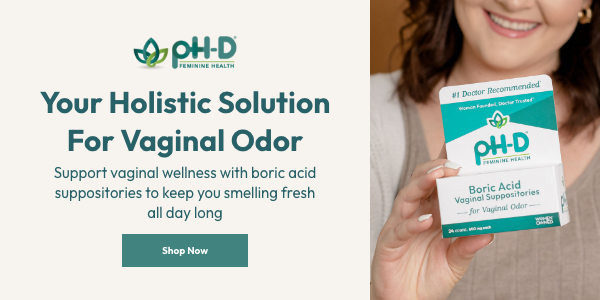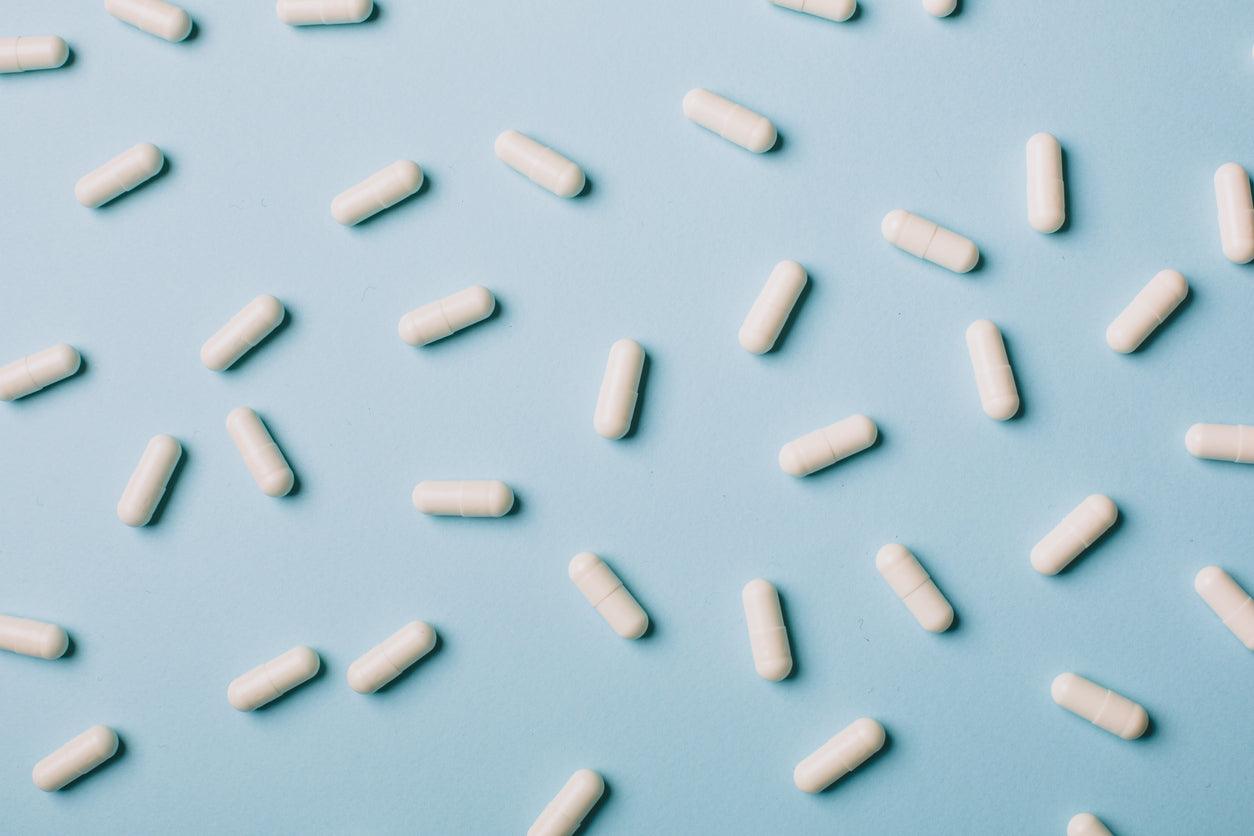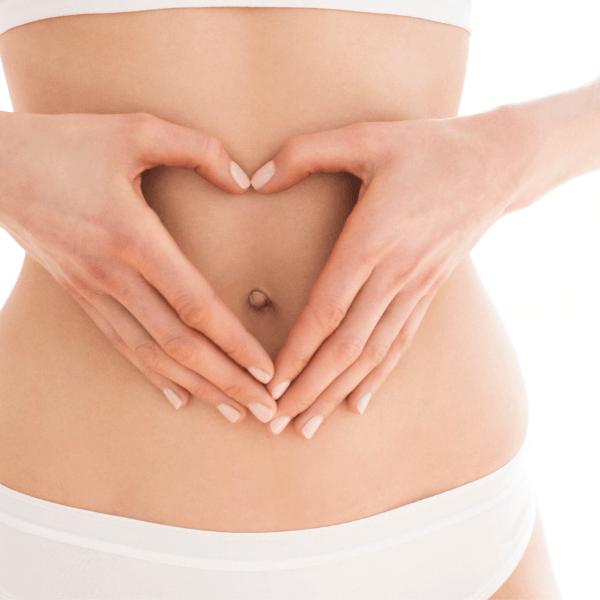What Women in Their 30s Need to Know About Vaginal Health
Written by Dr. Betsy Greenleaf
With each decade of life, we face different concerns when it comes to health, wellness, and how to properly care for our bodies. Women’s bodies are constantly changing as we age, creating different concerns at different stages of life. Women in their 30s are shifting out of the concerns they had in their 20s, and are more focused on their careers, weddings, and having babies. By the time you’re in your 30s you have a better idea of what is normal for your body, and become more concerned about family planning, optimal fertility, and better nutritional habits to nurture a baby. Here are some solutions to top vaginal health concerns for women in their 30s.
Family Planning
There is a lot going on for women in their 30’s. This group of women have concerns on both ends of the spectrum from boosting fertility or delaying pregnancy until a more convenient time in their career. For those that are focused on birth control, I see many women who are looking for something that is easily reversible. One of the issues with birth control is that the options that are the most reversible are the ones that have the lowest success rates at preventing pregnancy. However using any of the below in combination improves efficacy. Since none of the following options utilize hormones, there are no risks of affecting fertility.
- Condoms: A 85-98% success rate at preventing pregnancy.
- Phexxi: A contraceptive gel that acidifies the vagina and decreases the ability for sperm to move. It has an 86-93% success rate at preventing pregnancy. This success rate increases when combined with condoms.
- Birth Control Apps: Yes birth control has gone digital. Birth control apps track your cycle, symptoms, and temperature to estimate your most fertile times of the month. This information is used to time sexual activity and has been found to be 77-86% affective.
- Diaphragm: Invented in 1842, the diaphragm is fitted for the patient and worn with the vagina as a barrier protecting the access of the cervix to sperm. It has an 88% efficacy rate.
For those looking to prevent pregnancy for an extended period of time, the IUD offers a great option for women that don’t want to have to think about their birth control. An IUD, or intrauterine device, utilizes a small T-shaped device that is inserted into the uterus and can be left in place for many years. Though they have to be placed and removed by a healthcare practitioner, they can easily be reversed so that you can get on your way to baby making.
Fertility
When women begin prepping to start a family, stopping or switching birth control methods is often a common concern. Hormonal birth control such as the pill, patch, ring, injection or IUD are very commonly used for women in their 20s and 30s. While these are all great options for birth control, it may take some time once stopping these birth control options for your own hormones to balance for optimal fertility. For example certain types of IUDs contain progesterone which over time will thin the lining of the uterus. This is great for lighter menstrual cycles but it may take a few cycles after removal for the uterine lining to be in optimal shape for a pregnancy. However, research has shown these types do not have deleterious effects on fertility. In addition, oral contraceptives have been shown to lower B vitamins (riboflavin, B6, B12, and folic acid), vitamin C, magnesium, and zinc which are needed for a healthy pregnancy.
Nutrition and Wellness
This is the decade that a woman needs to be hyper focused on health. We begin to lose muscle mass everywhere starting in our 30’s. Most people think about working out but not many think about kegels exercises. It is important to do pelvic strengthening exercises regularly to maintain pelvic and sexual health. You wouldn’t wait until you were 80 to do your first sit up and expect to have a six pack abs. This is why it is important to continue strengthening the pelvic floor to aid in childbirth recovery, prevention of incontinence and aid in orgasm and sexual response.
As for women trying to get pregnant, this is a time to focus on nutrition and decrease toxin exposures. Women should be eating a well rounded diet of whole foods avoiding processed foods, and sugar. It is also important to be supplementing with folic acid. Low folate levels have been linked to spinal cord and nerve malformations in infants, and it is recommended that women considering pregnancy should take at least 400 micrograms of folic acid a day.
Women considering pregnancy now or later should also be paying attention to the vaginal microbiome. The healthy bacteria that live in the vagina not only help to prevent infections but also play a role in fertility and sexdrive. Many conditions of bacterial imbalances cause a shift in the vagina pH which invites more bacteria or yeast to move in thus further affecting fertility. The simplest ways to prevent these are decreasing stress, drinking enough water, eating fermented foods, and using boric acid suppositories and vaginal moisturizing suppositories.
Vaginal health is important at any age, but is especially important during child bearing years. In order to meet your family planning goals, have optimal fertility, and be the healthiest you I recommend taking a look at your lifestyle and making changes as needed. The female body is capable of amazing things, and women should be putting their vaginal health at top of mind.
Photo: By Sora Shimazaki from Pexels



